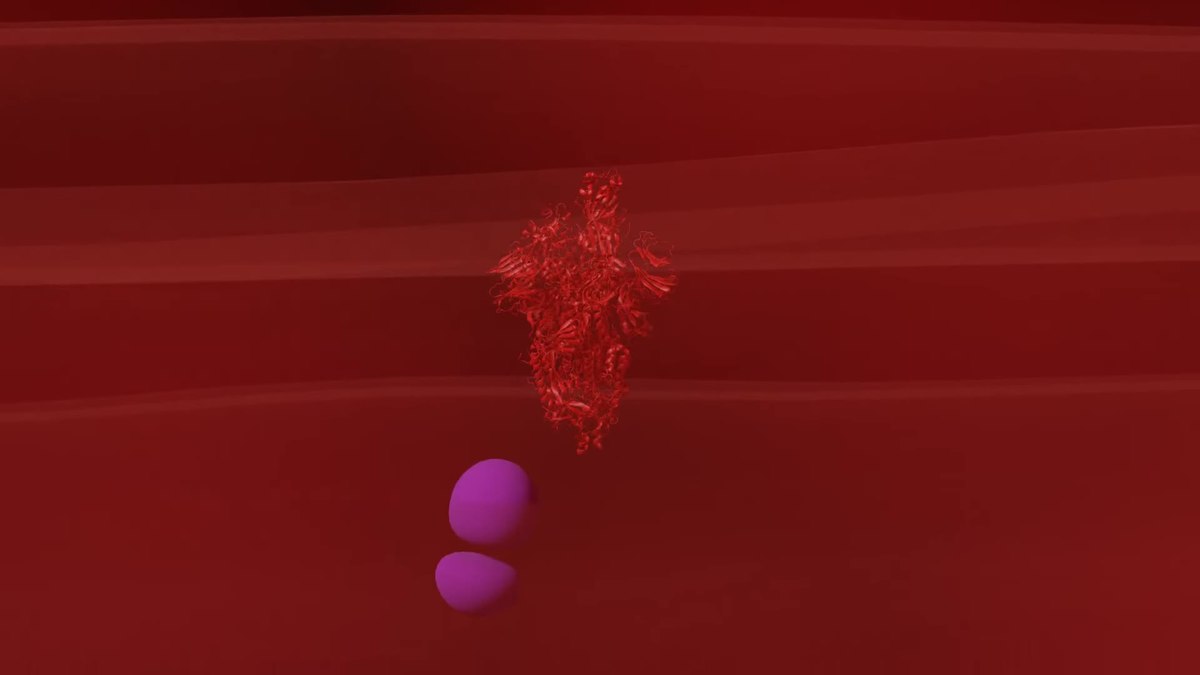In the event current vaccines based on RNA fragments of the virus (SARS-CoV-2) fail to work, they need to move right away into viral protein antigen production. A protein-directed vaccine could also provide prolonged immunity should the virus mutate in certain areas of its genome and return. This would be similar to a fight against HIV infection, but perhaps not so hard with this virus's coat proteins. Time will tell. But if they are using the same technology (RNA based), past attempts do not bode well (see below). It seems prudent to initiate alternative approaches ASAP. Protein based vaccines are much more reliable. I suspect an attenuated virus vaccine is what we will end up with if the RNA vaccine fails, at any rate.
It should be noted that "As of 2020, there is no cure or protective vaccine for SARS that has been shown to be both safe and effective in humans" (from Wiki):

en.wikipedia.org
Since they have the RNA sequence of the virus , they should be able to run some programs using this sequence to estimate the most likely protein(s) and structure(s) that could be used in a vaccine (based on what is known about other viruses). They can also isolate antibodies from survivors of COVID-19 and use these polyclonal responses to probe the correct structures to target in protein vaccine development. The original SARS virus from 2002-2003 probably already provides the appropriate data for which protein(s) on this virus are best for a vaccine, despite the failure of prior vaccines against it.
The "right" protein(s), if they can be identified, could then be made by bacteria and cranked out in mass quantities by well established methods. An appropriate vaccine could then be constructed. The virus protein(s) might be used directly for injection (perhaps with adjuvant), or if required attached to some form of non-antigenic scaffolding. With this approach, you eliminate any kind of virus related infections as from "attenuated" virus, etc. You can also avoid growing up large amounts of the virus to make a direct virus-related vaccine. It should also speed regulatory approval since the active virus was never used to produce the vaccine.
Hint: The coat proteins will likely make the best antigens. Get with it!!




